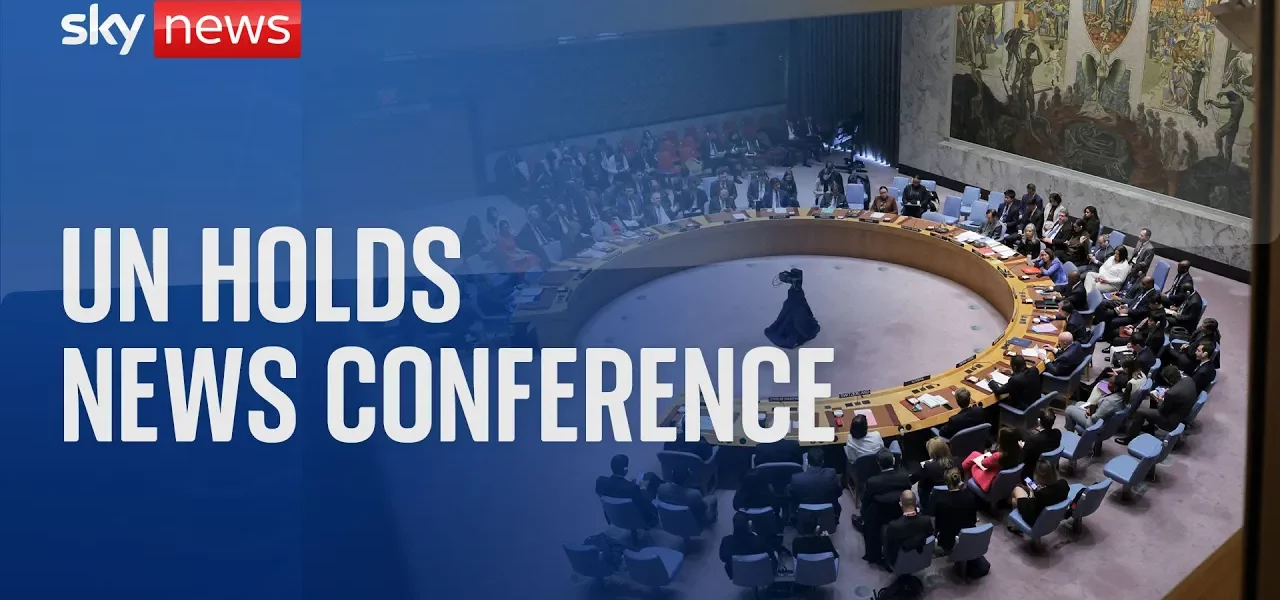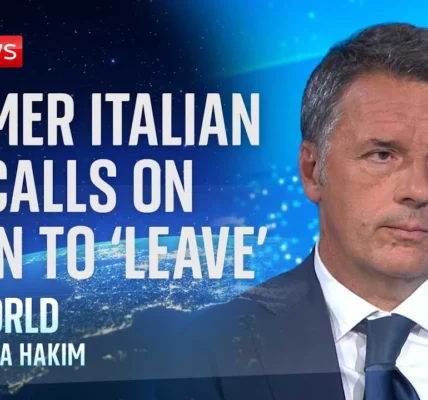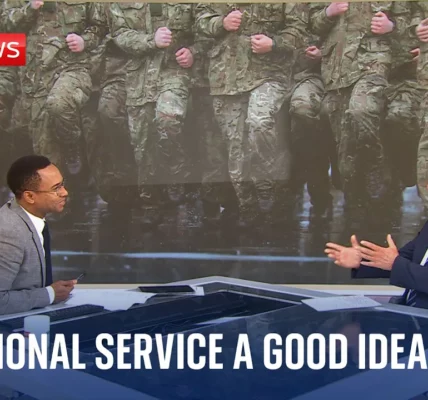Current Humanitarian Crisis in Gaza: UNRWA Operations and Challenges

This article provides a comprehensive overview of the humanitarian crises faced by Gaza, focusing on the operations of the United Nations Relief and Works Agency (UNRWA), the impact of the ongoing conflict, and the challenges in delivering aid to those in need.
Introduction
The humanitarian situation in Gaza has reached a critical point as conflict and political instability continue to disrupt daily life and essential services. The UNRWA, tasked with providing assistance to Palestinian refugees, is navigating unprecedented challenges as it strives to deliver aid amidst violence and political upheaval. This article delves into the current state of affairs, including operational difficulties, the impact of Israeli military actions, and the ongoing struggle to secure adequate funding for humanitarian efforts.
UNRWA’s Operations in Gaza
UNRWA has been a vital lifeline for Palestinians in Gaza, providing essential services such as education, healthcare, and emergency relief. However, the recent escalation in conflict has severely impacted its operations.
Current Status of Aid Distribution
As of recent reports, UNRWA has faced significant limitations in its ability to deliver aid:
- Food supplies have largely been depleted, with UNRWA running out of food early in the conflict.
- Health services are strained, with a critical shortage of medicines and medical supplies reported.
- Only a fraction of the required humanitarian aid is entering Gaza, significantly less than the 500 trucks needed daily.
Challenges in Operations
Several challenges hinder UNRWA’s ability to operate effectively:
- Security Risks: The ongoing violence has created an unsafe environment for both staff and beneficiaries.
- Restricted Access: Political tensions have limited the flow of humanitarian supplies across borders.
- Funding Shortages: With many traditional donor countries suspending or reducing their contributions, UNRWA faces a severe budget deficit.
The Impact of Israeli Military Actions
The Israeli military operations in Gaza have resulted in catastrophic humanitarian consequences:
Casualties and Damage
Recent airstrikes have led to substantial loss of life and destruction of infrastructure:
- Reports indicate that nearly 200 people were killed during a recent strike in Rafa.
- Over 160 UNRWA facilities have been damaged or destroyed since the conflict began.
- More than 450 individuals have lost their lives while seeking refuge in UNRWA facilities.
Humanitarian Zones
There is a growing concern about the lack of safe zones for civilians:
- UNRWA has stated that no area in Gaza can be considered safe due to the unpredictability of military actions.
- The concept of humanitarian zones is increasingly seen as inadequate in protecting civilians.
Funding and Support for UNRWA
UNRWA relies heavily on international funding to support its operations. However, recent political developments have put its financial stability at risk:
Current Funding Situation
As of now, only a few countries have resumed funding for UNRWA:
- The UK and the US have not resumed their contributions, creating a significant budget deficit.
- Despite this, new donors from the region, including Iraq and Algeria, are beginning to provide support.
- Private donations have surged, raising over $120 million since the onset of the conflict.
Future Prospects
The future of funding remains uncertain:
- UNRWA is currently only funded through the end of June, with no clear projections for future financial support.
- Continued advocacy and awareness-raising efforts are crucial to securing ongoing funding.
Conclusion
The humanitarian crisis in Gaza is dire, with UNRWA striving to navigate the complex challenges posed by conflict, political instability, and funding shortages. The situation demands immediate action from the international community to ensure that humanitarian assistance reaches those in need. It is essential for individuals and organizations to continue advocating for the rights and needs of Palestinian refugees and support UNRWA in its mission. To learn more about how you can help or to stay updated on the situation, please visit our related articles on humanitarian aid and the role of international organizations in conflict zones.
“`




